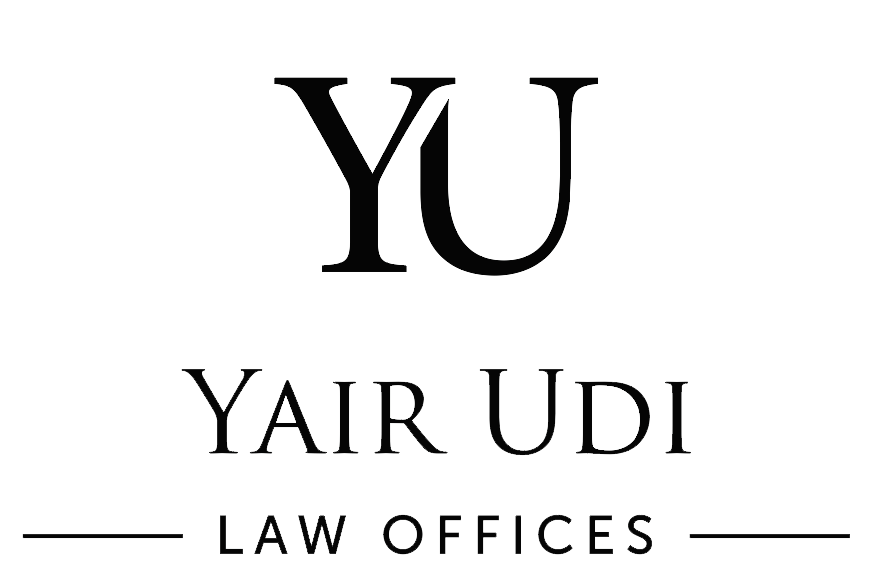SAFEs (Simple Agreement for Future Equity) have become a popular form of startup financing due to their simplicity, flexibility, and low transaction costs. However, like any form of financing, SAFEs are subject to various regulatory considerations that startups and investors need to be aware of to ensure compliance with securities laws and regulations, and to avoid potential tax implications.
In this article, we’ll explore some of the key regulatory considerations related to SAFEs, including compliance with securities laws and regulations, and potential tax implications for both the startup and the investor.
Compliance with Securities Laws and Regulations
One of the most important regulatory considerations related to SAFEs is compliance with securities laws and regulations. In the United States and in Israel, securities laws are designed to protect investors by requiring companies that offer securities to the public to provide investors with accurate and complete information about the company and its financial condition. Failure to comply with securities laws and regulations can result in severe legal and financial consequences for the startup and its founders.
One of the key requirements of US securities laws is the need to register securities offerings with the SEC (Securities and Exchange Commission). However, certain exemptions exist for startups that are raising capital through private offerings. One such exemption is Regulation D, which allows startups to raise capital from accredited investors without having to register the offering with the SEC.
SAFEs are typically structured as private offerings under Regulation D, which exempts them from registration with the SEC. However, startups and investors need to ensure that they comply with the other requirements of Regulation D, including the requirement that the offering be made only to accredited investors.
Israel also offers an exemption from the filing of a prospectus to Qualified Investors, as well as a safe harbor for an offering made to up to 35 non-Qualified Investors each 12 month period.
It’s important to note that the rules and regulations related to securities offerings can be complex and vary depending on the jurisdiction. Startups and investors should consult with legal counsel to ensure that they comply with all applicable securities laws and regulations.
Potential Tax Implications
In addition to compliance with securities laws and regulations, SAFEs also have potential tax implications for both the startup and the investor. Tax authorities have raised concerns that discount offered under the SAFE may be deemed as capped interest. While it is generally acknowledged SAFEs are typically a quasi-equity instruments, there is a potential exposure for a SAFE to be categorized as debt for tax purposes, which can have important implications for both the startup and the investor.
SAFEs have become a popular form of startup financing due to their simplicity, flexibility, and low transaction costs. However, startups and investors need to be aware of the regulatory considerations related to SAFEs, including compliance with securities laws and regulations, and potential tax implications. To ensure compliance and avoid potential legal and financial consequences, startups and investors should consult with legal and tax professionals before using SAFEs as a financing tool.
DISCLAIMER
This content is brought to you for informational purposes only, you should not construe any such information or other material as legal, tax, investment, financial, or other advice. Nothing contained on this website constitutes a solicitation, recommendation, endorsement, or offer by any person or any third party service provider to buy or sell any securities or other financial instruments in this or in in any other jurisdiction in which such solicitation or offer would be unlawful under the securities laws of such jurisdiction.
THIS ARTICLE IS PROVIDED FOR INFORMATIONAL PURPOSES ONLY AND DO NOT CONSTITUTE LEGAL ADVICE. THIS ARTICLE IS PROVIDED WITHOUT ANY WARRANTY, EXPRESS OR IMPLIED, INCLUDING AS TO ITS LEGAL EFFECT AND COMPLETENESS. THE INFORMATION SHOULD BE USED AS A GUIDE AND MODIFIED TO MEET YOUR OWN INDIVIDUAL NEEDS AND THE LAWS OF YOUR STATE, BY INDEPENDENT COUNSEL YOU RETAIN. YOUR USE OF ANY INFORMATION CONTAINED IN THIS ARTICLE, IS AT YOUR OWN RISK. WE, OUR EMPLOYEES, CONTRACTORS, OR ATTORNEYS WHO PARTICIPATED IN PROVIDING THE INFORMATION CONTAINED HEREIN, EXPRESSLY DISCLAIM ANY WARRANTY, AND BY DOWNLOADING OR USING OR RELYING ON THIS ARTICLE; NO ATTORNEY-CLIENT RELATIONSHIPS ARE CREATED. DO NOT USE THIS ARTICLE WITHOUT AN INDEPENDENT LAWYER YOU HAVE SPECIFICALLY RETAINED FOR SUCH PURPOSE.
© 2023 Yair Udi

